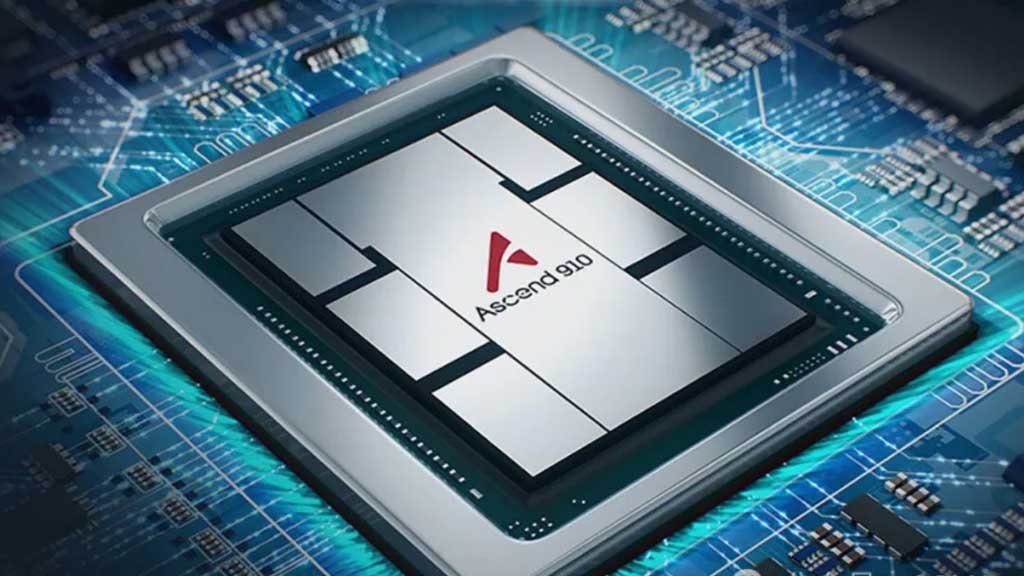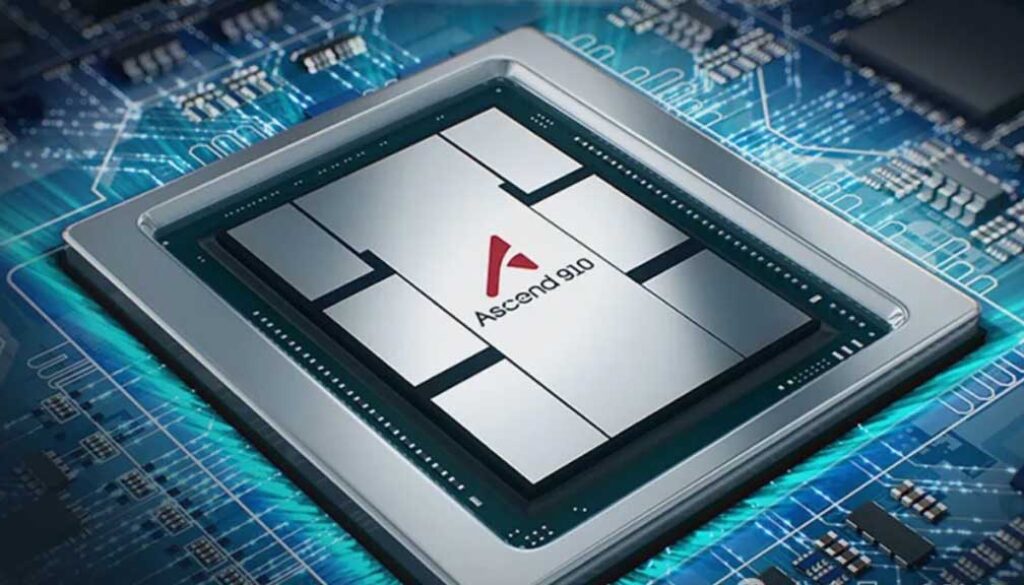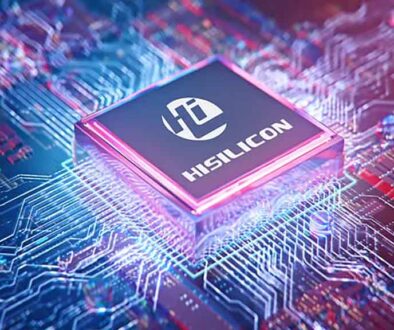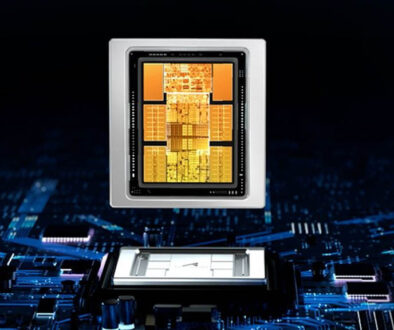Huawei is reportedly developing a next‑generation Ascend 920 chip to bridge China’s reliance on Nvidia’s H20.
With U.S. export curbs threatening to choke off Nvidia’s H20 supply to China, Huawei appears to have activated its “Plan B”: a homegrown, next‑generation Ascend 920 AI chip.
Although Nvidia’s H20 has been the go‑to accelerator for major Chinese players like ByteDance and Tencent—moving thousands of units earlier this year—new U.S. rules now bar its sale to China. In response, Huawei has quietly developed its own AI processor to shore up both its own AI ambitions and China’s broader chip independence.
Ascend 920 AI Chip Highlights
-
Fully In‑House Design: Built on a 6 nm node by SMIC, the Ascend 920 adopts a chiplet architecture reminiscent of the Ascend 910C.
-
Raw Performance: Huawei claims up to 900 TFLOPS of compute and 4,000 GB/s of memory bandwidth—30–40% faster than its previous‑generation AI silicon. Early benchmarks even suggest it may outpace Nvidia’s H20.
-
Strategic Importance: With real‑world testing still in progress, the Ascend 920 represents Huawei’s strongest push yet to challenge Nvidia’s dominance in China’s AI datacenter market.
On the software and system side, Huawei’s new CloudMatrix 384 AI Supernode platform is also said to match Nvidia in compute density, helping to alleviate bottlenecks in AI workflows. As these technologies mature, watch for Huawei to seize market share from Nvidia on its home turf.



